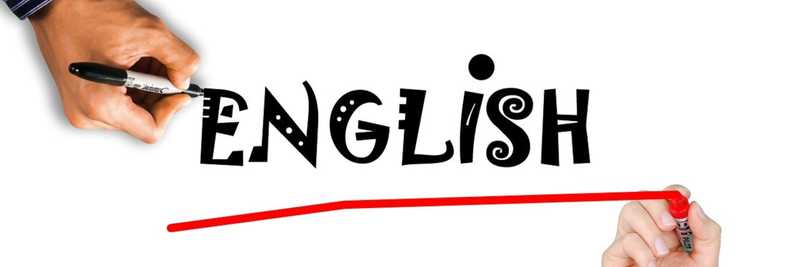Accountability
Is my child learning?
It’s the first question on every parent’s mind when it comes to education.
And the only way we can answer that question is through shared responsibility, shared accountability.
We have a responsibility to set a high bar for every child, regardless of the challenges the child may face, and provide the teaching and support each child needs to meet those expectations. That’s the promise of public education and the right of every child.
We have a responsibility to set a high bar for every teacher. The teacher has the most direct impact on a child’s success in the classroom.
Accountability means holding everyone with responsibilities to high standards of performance.
We look to school districts and states to invest in classroom resources and support teachers — set clear expectations, help teachers develop their craft, provide meaningful support that is tailored to the teacher’s needs, and then provide a fair, multi-faceted review of how well teachers are serving the educational needs of our students. We also look to districts and states to drive improvements in schools that fall short year after year.
We look to principals to establish a safe, welcoming and rigorous school culture with a coherent and compelling vision for learning and growth. We look to principals to foster excellence by recognizing top teachers, providing support to help struggling teachers improve, and replacing those who aren’t showing improvement.
We look to teachers to help every student learn — not just those students who are self-motivated learners. We look to teachers to model that love of learning — learn new ways to engage students, master their subject matter, seek advice and accept critical feedback, and get better at their craft every year.
We look to parents to partner in their child’s education — make learning a priority at home, advocate for their child, and understand how they can help make things better in their children’s classrooms and schools.
And we should all look in the mirror and ask: What more can I do to improve educational opportunities for our kids?
What About Testing?
We need tests. They are one way to answer the question: Is my child learning?
Tests need to be fair, reflective of high standards, and done in moderation. They will tell parents and teachers if a child is learning the basics, while also developing critical-thinking skills. Tests should be used to help identify a child’s strengths and weaknesses, so that learning can improve for that child.
We need to be accountable for the quality of public education, which also means we shouldn’t over-test our children or devote excessive learning time to test prep.
What About Teacher Evaluation?
We need fair, balanced and regular teacher evaluations that allow parents to trust that their child has a teacher who is passionate about his or her craft, knows how to engage students with creative lessons, and connects with students as individual learners.
Test results that show how students are learning should be one measure of a teacher’s overall performance, along with classroom observation, student surveys, and other indicators.
We need to stop fighting this common-sense change to teacher support and evaluation. We can’t return to the past — when there were no clear expectations for teachers, no meaningful training and support, and 97 percent of teachers in America were rated “satisfactory,” largely based on cursory classroom visits and superficial checklists.
We know what is possible when we devote less energy to what separates us and focus more on what binds us together: belief in our kids; hope for a brighter future.
Charter Schools
What’s the best school for my child?
A great education is every child’s key to a great future. And every child deserves access to a high-quality public school — one that meets the child’s learning needs and unlocks the door to that great future.
Public-school choice is an essential part of unlocking that door.
Education is not one size fits all; children have different learning styles, and we need to provide all of our families with a range of high-quality public schools and empower them to find the right fit for their child.
What about Charter Schools?
High-quality charter schools help empower families.
Across the country, there are thousands of charter schools that are changing the lives of children, particularly in communities that have for decades suffered from a lack of high-quality educational opportunities.
Many high-quality charter schools are fostering innovation, offering specialized learning programs, and giving families choices.
Accountability is also an essential part of maximizing the power of choice.
Public charter schools — like traditional public schools — should be open to all kids, support and develop excellence in teaching, and show strong results in the classroom.
We need to give all families the power to choose the best public school for their child.#









